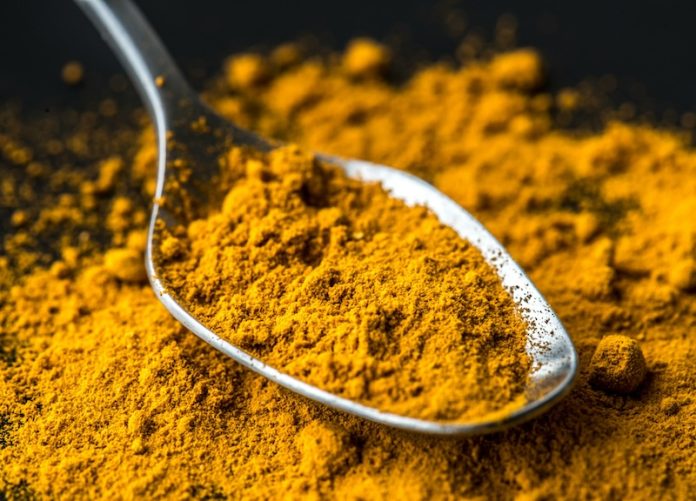
Inflammation is the body’s natural way of protecting itself, like when you get a cut and it turns red and swollen.
But sometimes, inflammation sticks around longer than it should. This is called chronic inflammation, and it can lead to health problems, especially for seniors.
Conditions like arthritis, heart disease, and even memory loss have been linked to ongoing inflammation. One natural way to fight it? Turmeric, the golden spice that’s been used for thousands of years in traditional medicine.
Turmeric comes from a root and is often used in cooking, especially in Indian curries. Its bright yellow color comes from a compound called curcumin, which is the secret behind its health benefits.
Research has shown that curcumin has powerful anti-inflammatory properties, meaning it can help reduce swelling and pain in the body. What’s even better? It’s a natural alternative to some medications that can cause side effects when used for a long time.
Scientists have studied turmeric for its effects on inflammation in conditions like arthritis, which is common among seniors. In one study, people with osteoarthritis who took curcumin supplements noticed less pain and better movement in their joints compared to those who didn’t.
Some studies even suggest that turmeric can work as well as certain anti-inflammatory drugs but without causing stomach problems. This is a big deal for seniors, who often have to manage multiple medications and their side effects.
Turmeric may also help with brain health. Chronic inflammation in the brain has been linked to memory problems and diseases like Alzheimer’s. Early research shows that curcumin might protect brain cells and improve memory, making it a potential ally in keeping the mind sharp as we age.
One small study found that seniors who took curcumin supplements twice a day showed better memory and mood after just 18 months.
However, there’s a catch. The curcumin in turmeric isn’t easily absorbed by the body. You could eat a lot of turmeric and still not get enough curcumin to see major benefits. That’s why many supplements combine curcumin with black pepper, which contains a compound called piperine.
Piperine can boost curcumin absorption by up to 2,000%, making it much more effective. Some supplements also use special formulas to improve absorption.
While turmeric has great potential, it’s important to approach it wisely. It’s not a cure-all, and more research is needed to fully understand how it works. But for many seniors, adding turmeric to their routine could be a simple and natural way to support their health.
It’s also generally safe for most people, although it can interact with certain medications, like blood thinners, or cause mild stomach upset in high doses.
If you’re thinking of trying turmeric, here are some practical tips. First, consider starting with a high-quality supplement that includes black pepper for better absorption.
Follow the dosage instructions on the label or ask your doctor for advice, especially if you’re on medication. You can also try adding turmeric to your meals. Sprinkle it into soups, stews, or smoothies, or brew it into a golden milk latte with milk and honey.
Turmeric works best as part of a healthy lifestyle. Pair it with a diet rich in fruits, vegetables, and whole grains, and stay active to keep inflammation in check.
While it might take time to notice its effects, this golden spice could be a valuable addition to your daily routine, helping you feel better and live healthier as you age.
If you care about health, please read studies that vitamin D can help reduce inflammation, and vitamin K could lower your heart disease risk by a third.
For more health information, please see recent studies about new way to halt excessive inflammation, and results showing foods that could cause inflammation.
Copyright © 2025 Knowridge Science Report. All rights reserved.



